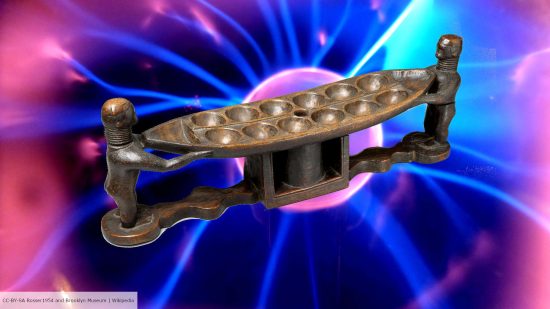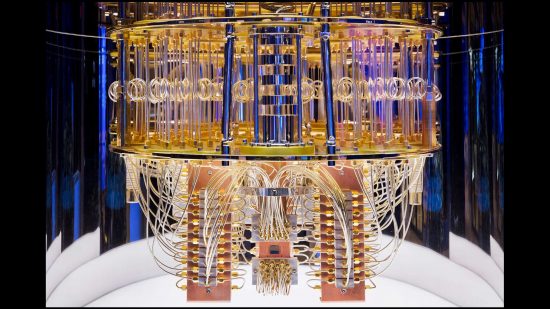A group of quantum physicists from seven universities has adapted classic board game mancala into ManQala, a quantum engineering tool, according to a research paper published at the end of February. It’s not the only board game to get a quantum treatment, with other researchers making variants of everything from chess and checkers to legendarily deep Chinese board game Go.
Why the growing interest in making quantum versions of the best board games of all time? The ManQala paper states that, so far, most other research into quantum games has just been about representing them with a quantum system, and playing them to see what happens. ManQala has a practical goal for the game adaptation.
Quantum engineering involves manipulating incredibly tiny bits of matter – “quantum” simply means “really, really small” in this context. At that scale, matter exhibits unique properties that researchers want to harness. For example, in a normal computer, the individual ‘bits’ of data can only have the state of 1 or 0. But a quantum ‘Qubit’ of data can have more than one state at a time.
So while a normal computer either solves problems one at a time in a single processor, or several at the same time on multiple, parallel processors, a quantum computer – such as the IBM Cryostat pictured above – can solve multiple problems at the same time on the same processor. The processing power for certain kinds of problem is, theoretically, immensely greater.
The challenge for quantum computing is that the particles involved are, for wont of a better phrase, delicate. Getting them into the right state for you to observe them, let alone get them to solve a particular problem, is really difficult.
ManQala takes the rules of a solo mancala variant, and uses that to represent the problem of setting up a quantum system just right. How it does that is well beyond Wargamer’s math comprehension – you can check the paper out for free yourself if you happen to be a quantum physicist. The researchers are satisfied, claiming that ManQala speeds up existing quantum engineering procedures substantially, at least in theory.
Mancala itself is a true classic board game, part of an intriguing family of abstract games. Not as well known in the west as Chess, it originates in Africa, and is well over 1,000 years old. People Like Games gives a brief history of the game in this video:

The idea that teams of high level physicists might one day use quantum computers to play Frosthaven or Kingdomino is rather delightful, and honestly not that unlikely. Physics and computer science researchers are inveterate nerds, and their professional interests and hobbies sometimes overlap: there’s an annual competition to build a better AI for Blood Bowl, for instance.

